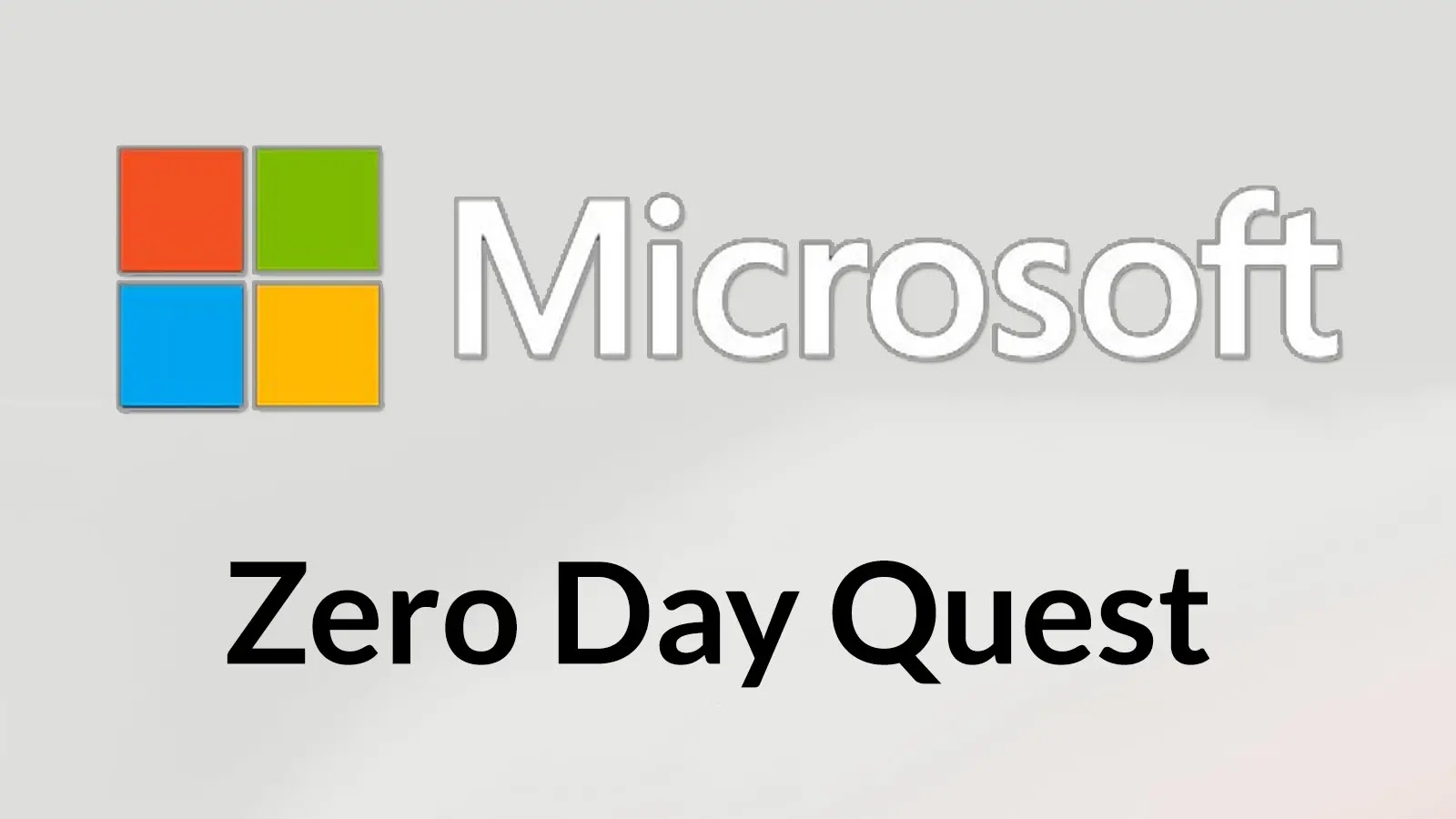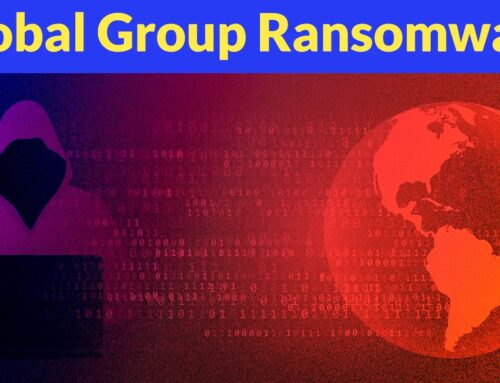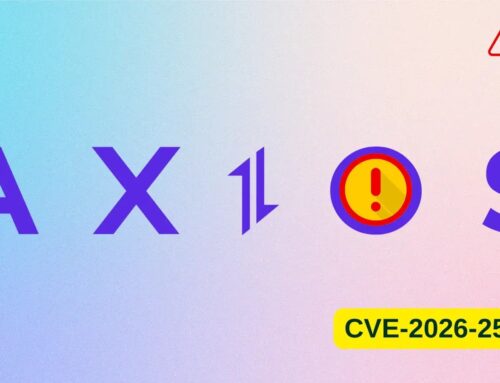
Microsoft Zero Day Quest Hacking Contest – Rewards Up to $5 Million
Unlocking the Future of Software Security: Microsoft’s $5 Million Zero Day Quest
The digital landscape is a constant battleground, with new threats emerging daily. For organizations like Microsoft, a proactive and collaborative approach to cybersecurity isn’t just an option—it’s a necessity. This commitment is vividly demonstrated by the return of Microsoft’s Zero Day Quest, the largest public hacking event of its kind, now offering an unprecedented bounty of up to $5 million for high-impact security research. This initiative underscores Microsoft’s dedication to fostering a robust security ecosystem through responsible vulnerability disclosure and community engagement, building upon the success of last year’s $4 million program.
What is the Microsoft Zero Day Quest?
The Zero Day Quest is Microsoft’s premier bug bounty program, specifically designed to incentivize security researchers worldwide to identify and responsibly disclose critical vulnerabilities within Microsoft’s vast array of products and services. Far from a simple bug hunt, this program targets “zero-day” vulnerabilities—flaws unknown to the vendor and therefore unpatched—which pose the most significant risk to users if exploited by malicious actors. By offering substantial financial rewards, Microsoft encourages top-tier talent to dedicate their efforts to discovering these elusive and dangerous flaws before cybercriminals can weaponize them.
Why is this Initiative Crucial for Cybersecurity?
In an era where sophisticated cyberattacks are increasingly commonplace, collaborative security models are paramount. The Zero Day Quest serves several critical functions:
- Proactive Defense: By engaging the global security research community, Microsoft gains access to diverse perspectives and skill sets, accelerating the discovery and remediation of vulnerabilities that might otherwise remain undetected. This proactive stance helps to harden their software against potential exploits.
- Incentivizing Research: The substantial financial rewards (up to $5 million) act as a powerful incentive, drawing skilled ethical hackers away from the black market and towards legitimate, impactful security research. This investment transforms potential adversaries into allies.
- Enhancing Trust: A transparent and robust vulnerability disclosure program builds trust with users. It demonstrates Microsoft’s commitment to product security and its willingness to invest heavily in safeguarding its customers’ data and systems.
- Driving Innovation in Security: The continuous flow of vulnerability reports feeds into Microsoft’s product development lifecycle, leading to more secure software by design. Each discovered flaw provides valuable insights that improve future iterations and security features.
Understanding High-Impact Security Research
The “high-impact” designation in the Zero Day Quest signifies vulnerabilities that could lead to significant compromise, such as remote code execution (RCE), privilege escalation, or substantial data exfiltration. These are the critical flaws that, if exploited, could have widespread and devastating consequences. Researchers often focus on complex attack surfaces within operating systems, cloud services, and enterprise applications. For example, a successful exploit leveraging an RCE vulnerability like principles similar to those seen in CVE-2021-42321 could grant an attacker complete control over a compromised system.
Remediation Actions and Responsible Disclosure
For security researchers fortunate enough to discover such a high-impact vulnerability, the process of responsible disclosure is crucial. This involves:
- Private Disclosure: Notifying Microsoft directly and privately about the vulnerability, providing detailed technical information to aid in reproduction and remediation.
- Collaboration: Working with Microsoft’s security teams to confirm the vulnerability and understand its scope and impact.
- Coordinated Public Release: Agreeing on a timeline for public disclosure, allowing Microsoft ample time to develop and release patches (e.g., through their monthly Patch Tuesday updates), thereby protecting users before the vulnerability becomes widely known.
From an organizational defensive perspective, the existence of such bounty programs highlights the need for:
- Prompt Patching: Organizations must prioritize and implement security patches distributed by vendors like Microsoft without delay. Automated patch management systems are vital.
- Defense in Depth: Relying solely on vendor patches is insufficient. A layered security approach including firewalls, intrusion detection/prevention systems (IDS/IPS), endpoint detection and response (EDR), and robust access controls is essential.
- Security Awareness Training: Educating employees about common attack vectors (e.g., phishing, social engineering) can help prevent initial compromises that might leverage even patched vulnerabilities.
The Impact of Bounty Programs on the Cybersecurity Landscape
Microsoft’s Zero Day Quest, along with similar programs from other tech giants, has fundamentally reshaped the cybersecurity landscape. They have professionalized ethical hacking, providing a legitimate and lucrative career path for skilled researchers. This shift contributes to a more secure digital world by transforming potential adversaries into partners in defense. As the rewards escalate, so too does the incentive for researchers to dedicate significant resources to finding and responsibly reporting critical flaws, ultimately benefiting every user of Microsoft products and services.





